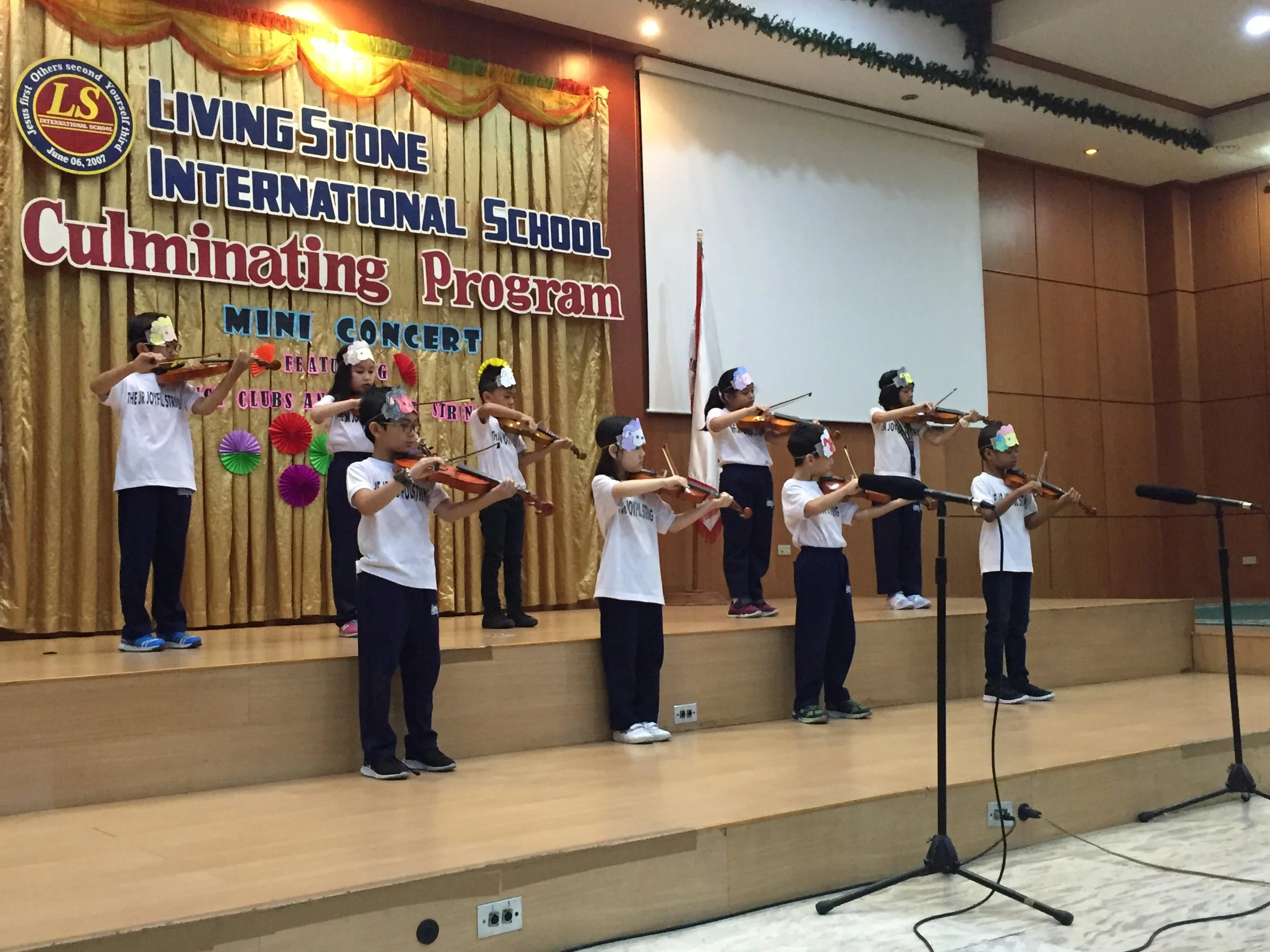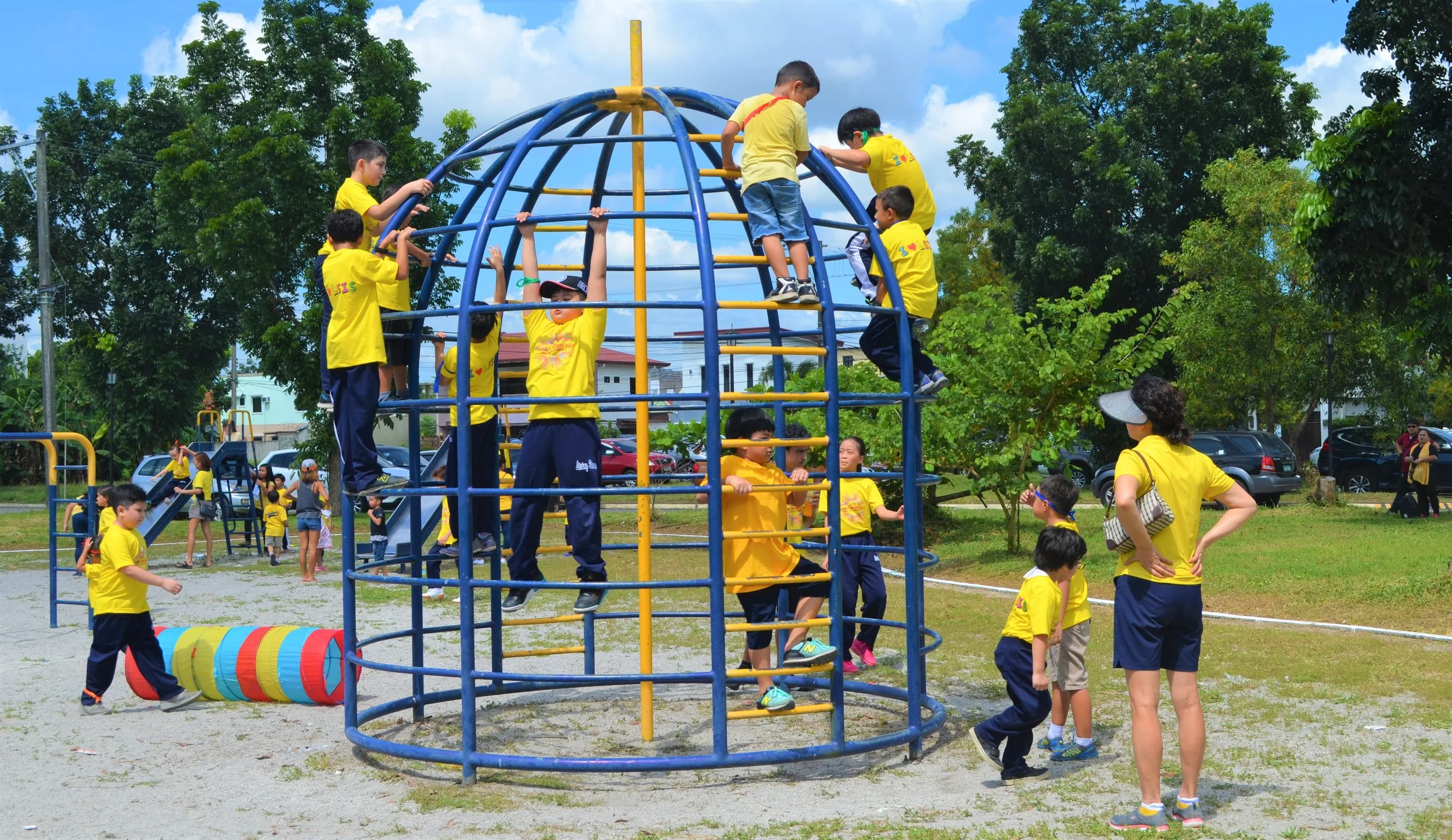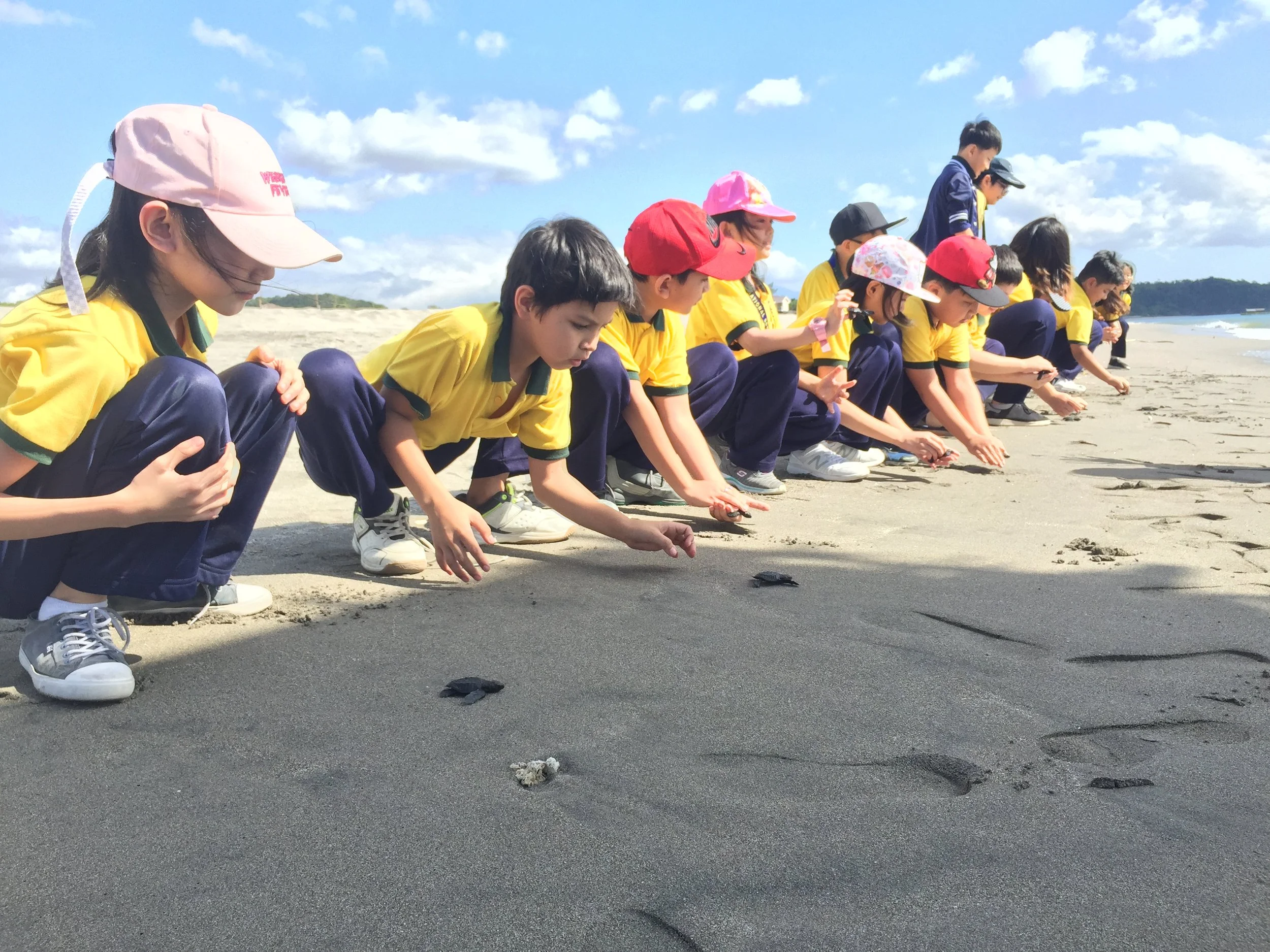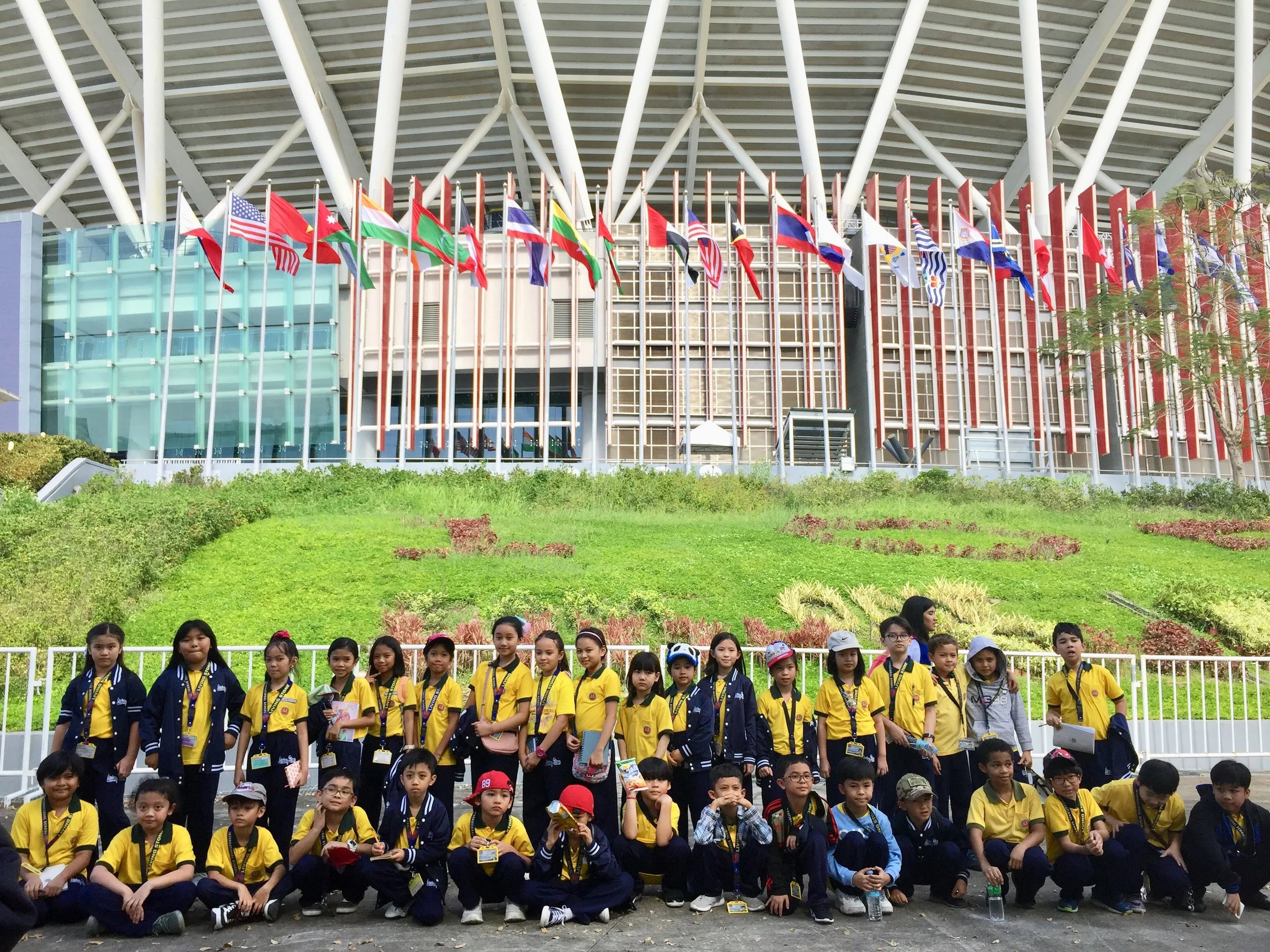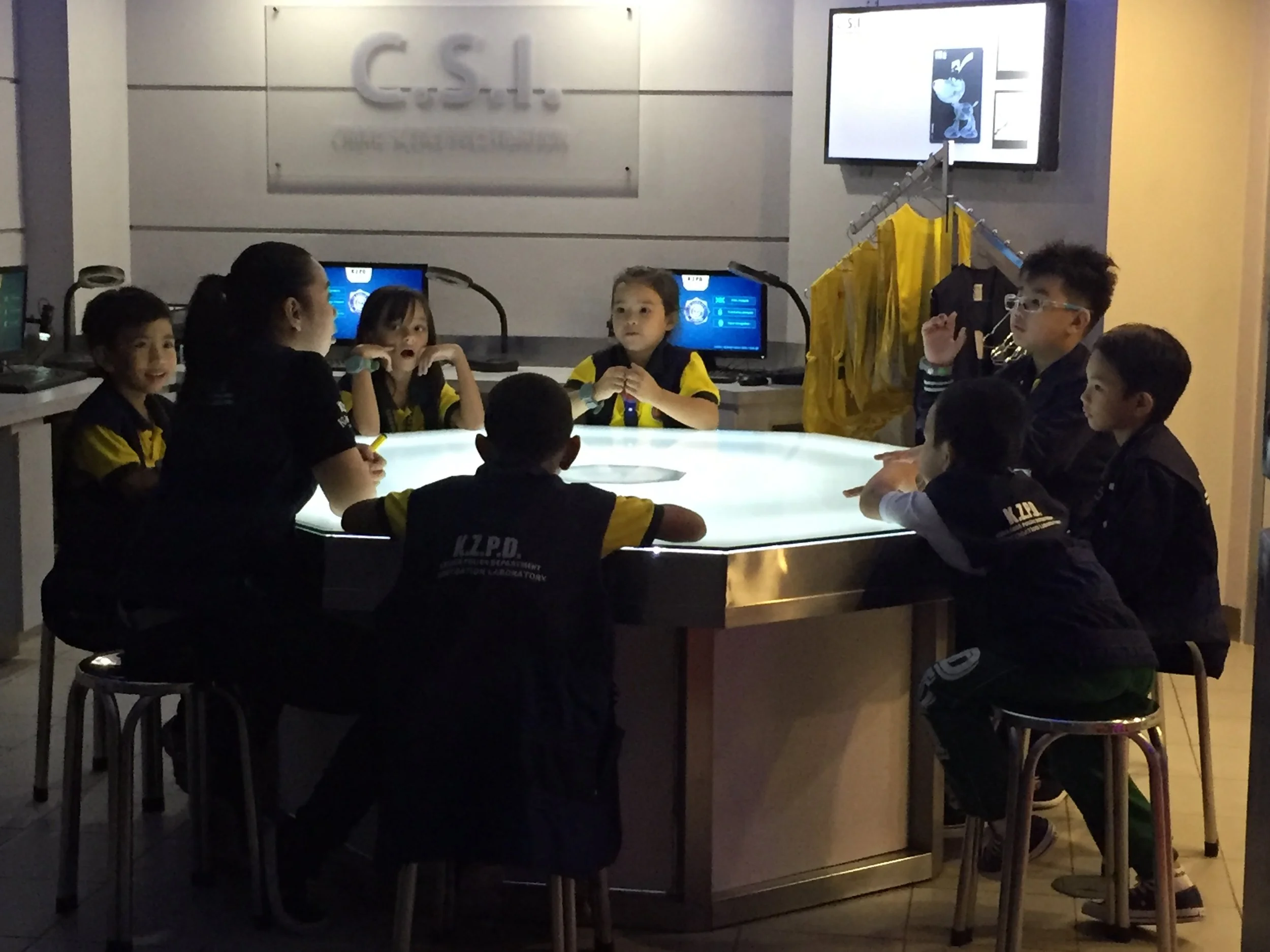Grade School
Trained to be independent learners, students go through an elementary curriculum that provides integrated and experiential learning leading them to become critical thinkers – able to discuss issues intelligently and make informed decisions.
The Class Programs at the Grade School level provide meaningful and authentic learning experiences, and the inclusion of Robotics and ICT programs in the curriculum enhances the students’ preparedness for a more holistic and practical approach to higher levels of learning.
Centered on the students’ integral formation, special programs such as After-class Special Music Tutorials, Praeter Matematica Eget (PME), Voluntary-basis Outreach Programs, and the God’s Gift Hour are also offered to provide opportunities to explore and hone their skills.
Grade School - Academic Program
The LSIS Academic Programs which highlight integrated approaches cover the following learning areas:
ENGLISH. Considered as the “mother tongue” to most of the students, English is taught in an integrated approach focusing on four macro skills: Language; Writing; Reading (with Reading Laboratory Hour); and, Speech.
MATHEMATICS. Taught in a spiral progression approach, Mathematics at the Grade School level is basically patterned after Japanese- and-Singaporean mathematics where mastery of the basic skills and building-up of concepts is given utmost importance.
SCIENCE. Taught in a spiral progression approach, Science focuses on providing principles and developing the basic skills necessary for a globally- competent citizenry. The program gives emphasis on the development of process skills, critical thinking skills, and environmental awareness. It also provides the students with both knowledge and understanding of the scientific approach to problem-solving.
SOCIAL STUDIES. The Social Studies Program is contextualized using local and global settings, and hence, is taught using student-centered activities and integrated academic outputs.
FILIPINO. Considered as the mother tongue to a number of students, Filipino is also taught to build and enhance the macro skills: speaking, writing, listening and reading. Special Filipino Classes are offered to non-Filipino students in lieu of the regular Filipino classes. This aims to teach Filipino as a foreign language or second language to students who have no conversational nor academic background in the use of the language.
MAPEH (Music, Arts, Physical Education, & Health). Music at the elementary level primarily focuses on note reading and music appreciation using various musical instruments. Through integrated teaching approaches and various hands-on activities, Arts, PE, and Health class programs provide an authentic learning experience to the students.
HELE (Home Economics & Livelihood Education). HELE is taught in four different modules at the intermediate level. These vary from Basic Cooking, Food Preparation & Preservation, Sewing, Novelty Crafts & Recycling.
ICT is taught through hands-on learning activities that promote digital literacy. Scratch Programming, Computer-aided Design, Digital Animation, and the application of Microsoft Office are some of the modules that are focused on at the Grade School level. This allows students to use ICT as a tool for lifelong learning.
ROBOTICS is also made part of the Academic Program in the Grade School and Junior High School. At the grade school level, basic skills in programming and gearing systems are developed and applied in output-based activities such as building simple and complex machines.
VALUES (or Character) EDUCATION. Being the core of the curriculum, Values Education touches the very heart of all academic programs. It is the ultimate goal of every subject area to mold the students to become conscientious and responsible citizens, independent and God-fearing global leaders in the future. It is divided into three sub-areas: Values Formation (includes class activities, outreach, witnessing, and immersion), Bible Story Telling (once weekly), and Chapel Service (once weekly) for Intermediate students only.


